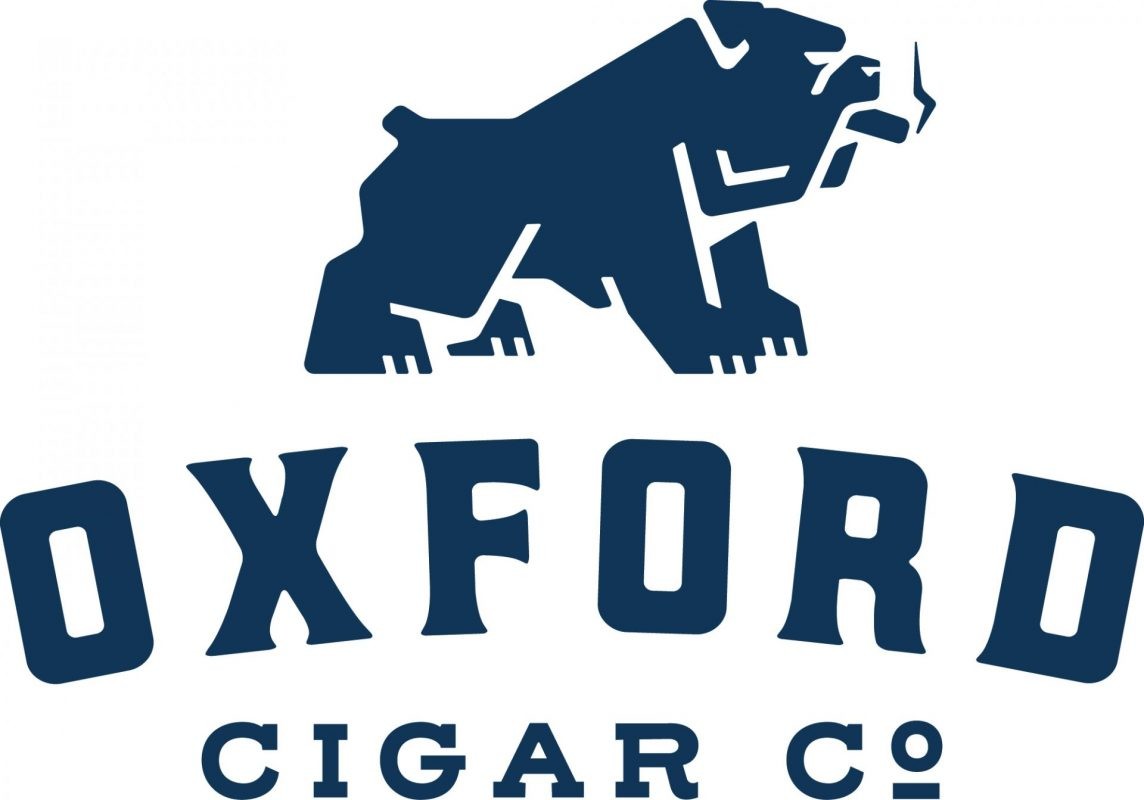News
The Importance of a Definition: Why Congress Must Define Premium Cigars
Precise language is always crucial for appropriate and effective regulation. Given the significant disparities which the U.S. Food and Drug Administration (the FDA) and other anti-tobacco groups acknowledge between premium cigars and other types of tobacco products (historically premium cigar have been considered the lowest enforcement priority in the FDA’s own risk-categorization schema) the absence of a unified federal definition for “premium cigars” presents a glaring oversight. It is time that Congress and state governments adopt the definition which has already been proposed by the FDA and adopted by the federal judiciary. This would benefit all stakeholders by aligning all the legal and regulatory authorities across various governmental branches, enhance research quality, and properly regulate various categories according to their respective threats to public health.
Currently, federal agencies, including the Tobacco Tax and Trade Bureau (TTB), Center for Disease Control (CDC), and the FDA, classify cigars as “large” and “small” based on weight. This oversimplification overlooks significant distinctions between mass-market cigars and premium cigars—differences crucial to appropriate regulatory and tax policies. Premium cigars are distinguished by their manufacturing quality, usage patterns, and market demographics.
Recent recommendations by the National Academies of Science, Engineering, and Medicine (NASEM), stemming from a comprehensive review requested by the FDA in 2022, underline the urgent need to categorize premium cigars separately for regulatory purposes. The same sentiment was echoed in the Society for Research on Nicotine and Tobacco’s (SRNT) 2023 journal edition, which critiqued the FDA’s conflated treatment of premium, and other cigars, as a regulatory distraction that hampers the agency’s ability to focus on products that pose greater public health risks.
The absence of a clear definition also facilitates tax avoidance strategies by manufacturers of mass-market products, exploiting size-based classifications to qualify for lower tax rates. This loophole has not only resulted in significant revenue losses—nearly $400 million annually, according to the Government Accounting Office—but has also failed to effectively address the health impacts of these lower-quality products.
In 2014, the FDA took a significant step by proposing a rule to assert regulatory authority over all tobacco products, with the possible consideration of exempting premium cigars. Despite opting to regulate them in its 2016 rulemaking—a decision later challenged and overturned in court as “arbitrary and capricious”—the agency eventually defined premium cigars with specific criteria, including the use of whole tobacco leaf, absence of any non-tobacco additives, and a weight threshold that effectively distinguishes them from non-premium products.
Congress must now step in to formalize a definition across all federal entities. Currently, legislation before the United States House of Representatives would do just that. House Joint Resolution 99 (H.J. Res. 99), which was introduced by Congressman Byron Donalds (R-FL) and lead co-sponsor Congressman Steven Horsford (D-NV), would define premium cigar using the precise definition that the FDA offered as a remedy in a court case in Maryland with the American Academy of Pediatrics and adopted by Judge Amit P. Mehta in CAA et al. v. the FDA. That definition is as follows:
(1) is wrapped in whole tobacco leaf;
(2) contains a 100 percent leaf tobacco binder;
(3) contains at least 50 percent (of the filler by weight) long filler tobacco (i.e., whole tobacco leaves that run the length of the cigar);
(4) is handmade or hand rolled (i.e., no machinery was used apart from simple tools, such as scissors to cut the tobacco prior to rolling);
(5) has no filter, nontobacco tip, or nontobacco mouthpiece;
(6) does not have a characterizing flavor other than tobacco;
(7) contains only tobacco, water, and vegetable gum with no other ingredients or additives; and (8) weighs more than 6 pounds per 1,000 units
Cigar Rights of America is actively lobbying members of the United States House of Representatives to adopt HJ Res. 99 and we encourage you to contact your representatives in Washington to urge their support.
Despite our victory in court, the FDA still retains the option to re-regulate premium cigars and without a permanent definition to exempt them, premium cigars remain at risk to government over regulation.
By defining premium cigars, the Congress would provide the clarity needed to protect public health while respecting the artisanal craft of premium cigar production and protect the industry from unwarranted regulation by the FDA.
The post The Importance of a Definition: Why Congress Must Define Premium Cigars appeared first on Cigar Rights.


